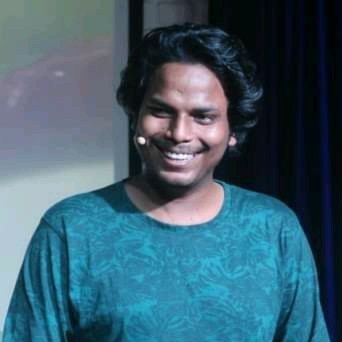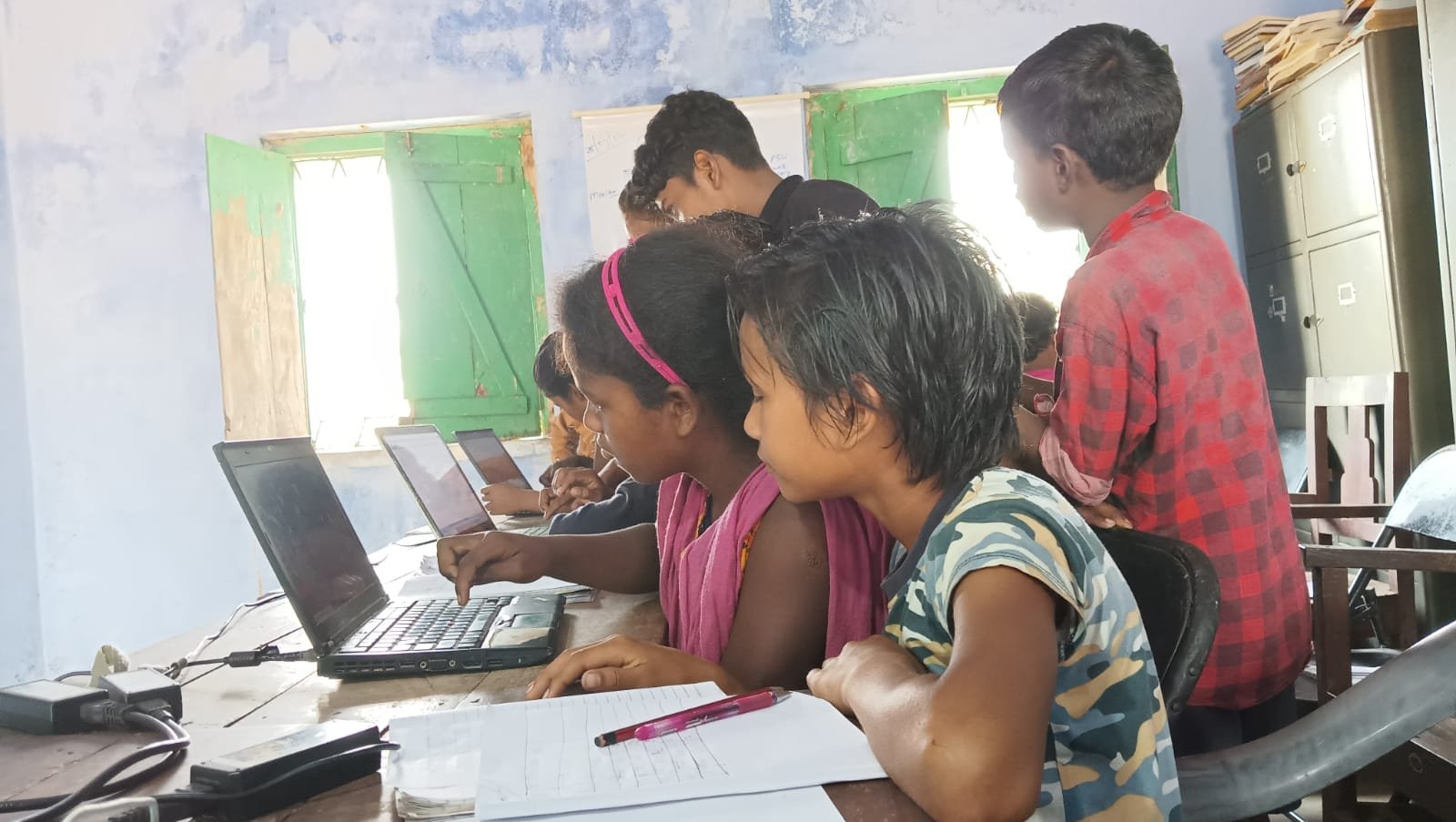India’s first gender-neutral learning centre opens in Bihar
-Shreyosi Chakraborty
In a world where inclusivity and equality are slowly gaining momentum, one cannot help but think of how would it be to be able to wear one’s own choice of costume, sit together in the same classroom, irrespective of our gender? How would it feel if there were no gender-biased activities cloaking the skies of freedom in our society? How would it be if our society did not have any gender-specific emotions?

Niwas Kumar
Given the current socio-economic backdrop of our nation, it is hard to fathom a school where children, irrespective of their gender, are free to wear any clothes of their choice, participate and interact and use the same washroom. Bihar’s Niwas Kumar hailing from Jamui district whose brainchild Anantmool is all set to make the headlines in bold as the country’s first gender-neutral learning centre with 30 kids between the age of five to twelve.
The classes are conducted by gender-diverse facilitators who have broken the age-old societal norms and barriers. This might seem awkward for many of us and straight out of the pages of a work of fiction, but Kumar’s relentless patience and focus has helped him give shape to this dream.
He recalls the first time he came across a transgender on a train at the age of four with his mother forcing him to close his eyes (a practice that most Indians still follow). This act invariably sparked his curiosity and thus began the quest of searching for the answers-“Why? Who are they?” till one day, it so happened that while he was commuting alone on a train and saw a transgender begging in his compartment. He immediately found himself asking “Why don’t you work?” The transgender retorted, saying, “Who will give me work? Will you? If you really feel so much for us, why don’t you do something so that we get accepted in society?”
“That was when my research and quest to do something that would diminish the gender disparity began. I found out that I wanted to break society’s stereotype of gender disparity,” said the 24-year-old social entrepreneur. The transgender community is the worst affected by gender-based societal discrimination.
But #breakinggenderstereotype is easier said and written as a trending post on social media platforms like Instagram or Twitter than fighting and breaking age-old shackles that had been rusting for millennia.
Hailing from a boys’ school for four years, it was difficult for Niwas to interact with girls as his judgements were influenced by his immediate family members. “Maybe, if we were not treated differently from a young age, we would not have had problems interacting with other genders,” stated he.

As the name suggests, Anantmool is an aromatic herb that grows in adverse conditions. Similarly, Niwas wants his students to be resilient. Anantmool is a ‘learning centre’, as Niwas calls it, and has its very own curriculum. Niwas is particularly interested in free, informal teaching wherein his students irrespective of their gender are free to make seamless, uninfluenced choices of subjects of interest, preferred activities, or favourite games. “There are no caste distinctions, no hierarchies. Teachers are addressed by their first names, and pupils have a say in what they want to learn,” said the 24-year-old social entrepreneur.
“I found an old, abandoned school in Jamui that had been run by a local NGO until seven years ago. Later due to shortage of funds, that school had to shut down. This left the children of the village without a school. Presently too, there are no schools within a radius of three kilometres,” Niwas added.

Game is a great tool to organize any learning sessions. Students playing Crossword learn words and meanings
“A week is divided into three sections,” Niwas explains. “Mondays and Thursdays are for learning concepts. The main subjects are Hindi, English, Mathematics, Social Science. On Tuesdays and Fridays, the concepts are put into practice. The main aim is to impart knowledge through practical and playful experiments. Wednesdays are for community service day, where children cook for everybody, identify problems in their respective villages and find possible solutions and learn about business and agricultural activities.”

Distributing gender-free clothes for the children
From a very early age, every aspect of an individual’s choice is defined by their gender. What to play and with whom, where to sit in buses or canteens, and what professions to enroll in, are so stringently defined. Children face discrimination in schools if they are non-conforming. “Why is gender so important in the education of a child?” asks Niwas. “If we will not give the opportunity to children to interact with each other freely, then how we can expect them to work together and respect each other equally?” He believes that anyone can learn anything if social and practical barriers don’t exist.
“While pursuing my Masters degree, I found that the effects of gender-bias is far more acute for children experiencing gender dysphoria. They don’t find a safe space to study and feel difficult to socialise,” said Niwas.
Located in a remote, Naxal-affected tribal village of Noontara in Jamui district where girls are forcefully married off by the age of 14, and boys must earn money from early childhood, Anantmool surely does live up to its naming convention. The mother tongue of these children is Santali.
“We at Anantmool, organise fund-raisers, use locally grown foods, cook ourselves and use inexpensive materials to meet the budgetary constraints. This is a model centre which will eventually transform all the schools of India gender-free, believes he. “Since the centre does not have any licenses and affiliations, we cannot call it a school. We believe that our children would carry the message and hopefully transform the schools of tomorrow,” adds he.

Starting their own entrepreneurship journey, Anantmool students make Palash Dry Flower all set to be dispatched. They have also sourced Ebony fruit from the middle of the forests.
“This dream of mine would not have been possible had leaders from Kanthari, an international institute for leadership and entrepreneurial activities had not helped me. Brainstorming, training sessions, working on the concepts and pondering over societal challenges and their possible solutions helped me frame the foundation for Anantmool and reach the masses. Founders Paul Kronenberg and Sabriye Tenberken equip some of the most marginalised people with all the required tools and skills to drive social change. The organisation fulfils this by training the individuals free of cost for a year on subjects like project planning, accounting, fundraising, policy making, public speaking, and branding.
Also Read: Basket of Joy: Youngster’s startup to light up lives of basket-makers

















Add comment